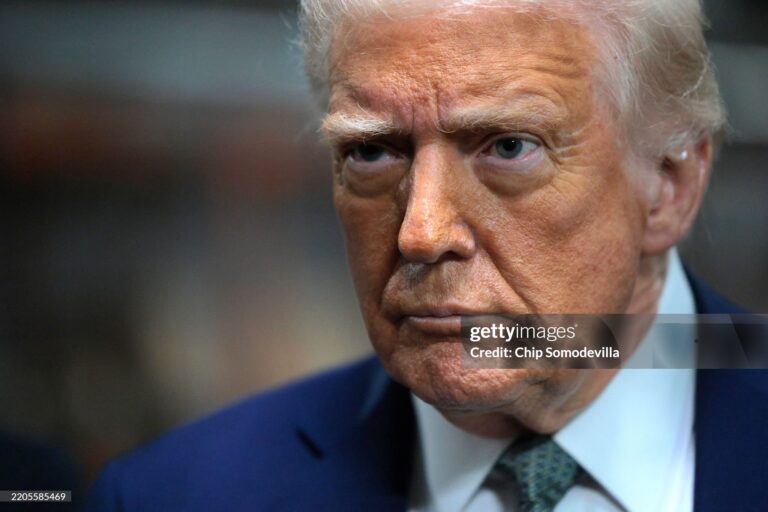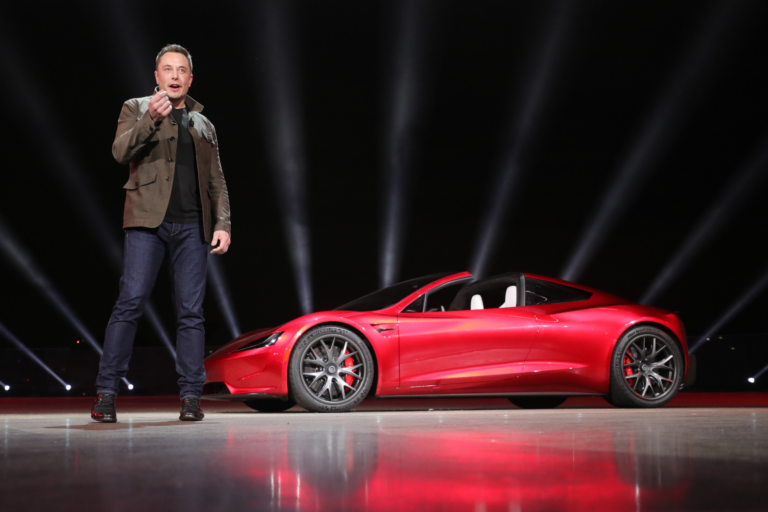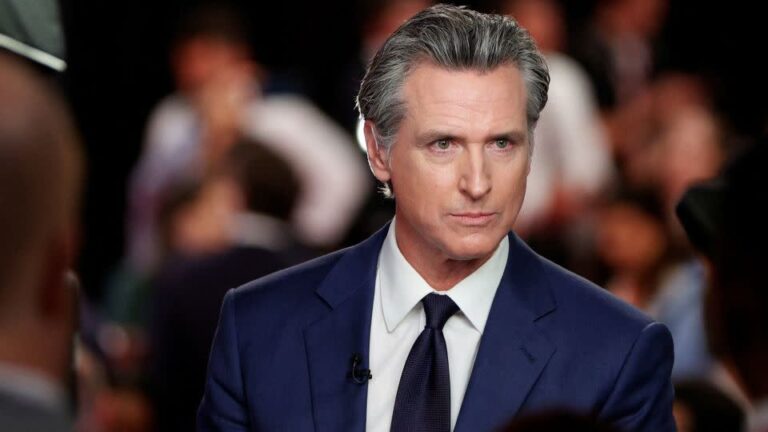
Ron DeSantis entered the 2024 presidential race with a wave of hype. As Florida’s governor, he’d built a reputation as a decisive figure, someone who could carry the torch for a new generation of conservative leadership. But as his campaign unfolded, it became painfully clear that DeSantis wasn’t ready to lead the nation—not because of his policies or his place in the Republican Party, but because he lacked the backbone to stand on his own two feet. His performance during the 2024 election cycle, particularly in the primary debates, exposed a fundamental flaw: he’s more follower than commander-in-chief.
One moment from the debates crystallized this weakness. Picture the scene: the moderators pose a straightforward question to the candidates—something like, “Do you support a federal abortion ban?” or “Would you commit to reducing foreign aid?”—and ask for a simple show of hands. It’s a basic test of conviction, a chance to signal where you stand. Most candidates, whether you agree with them or not, respond with confidence. Trump, love him or hate him, would’ve thrust his hand up (or not) without a second thought. Nikki Haley, Vivek Ramaswamy—they’d make their call and own it. But DeSantis? He’d hesitate. His eyes would dart around the stage, scanning the room to see what everyone else was doing before cautiously raising his hand—or keeping it down. It happened more than once, and it wasn’t subtle.
This wasn’t about policy nuance or careful deliberation. It was a telltale sign of a man unsure of himself, waiting for the party’s pulse before deciding his own. That’s not leadership; that’s a weather vane. And if you’re aiming to be the president of the United States, the person who sets the course for 330 million people and stares down global challenges, you can’t afford to be the guy checking the room before picking a side.
The 2024 campaign offered other examples of this spinelessness. DeSantis built his run on a platform of “anti-woke” toughness, leaning hard into his Florida record—think the “Don’t Say Gay” bill or his tussles with Disney. Yet, when pressed on the national stage, he often shrank. He’d dodge direct answers, pivoting to rehearsed talking points, or lean on what he thought the base wanted to hear rather than staking out a clear, independent vision. His campaign felt like a focus group in real time: test the waters, see what sticks, adjust accordingly. Contrast that with a true leader—someone who’d plant their flag and defend it, come hell or high water.
This isn’t about whether his policies were right or wrong, or whether he’s a good fit for the GOP. It’s about the raw material of leadership. The presidency isn’t a group project. It’s not a role where you can phone a friend or wait for the party to tell you what to do. You’re the one in the Oval Office making the call—on war, on crises, on the direction of the country. DeSantis’s campaign showed he’s not built for that. He’s too comfortable riding the coattails of the party’s momentum instead of forging his own path.
Look, running for president is brutal. It exposes every flaw, every hesitation. DeSantis had his shot in 2024, and he didn’t just lose—he revealed he’s not cut out for the job. A commander-in-chief needs a spine, not a habit of looking over their shoulder to see what everyone else thinks. Until he can stand tall and lead without a safety net, Ron DeSantis shouldn’t be anywhere near the White House.






